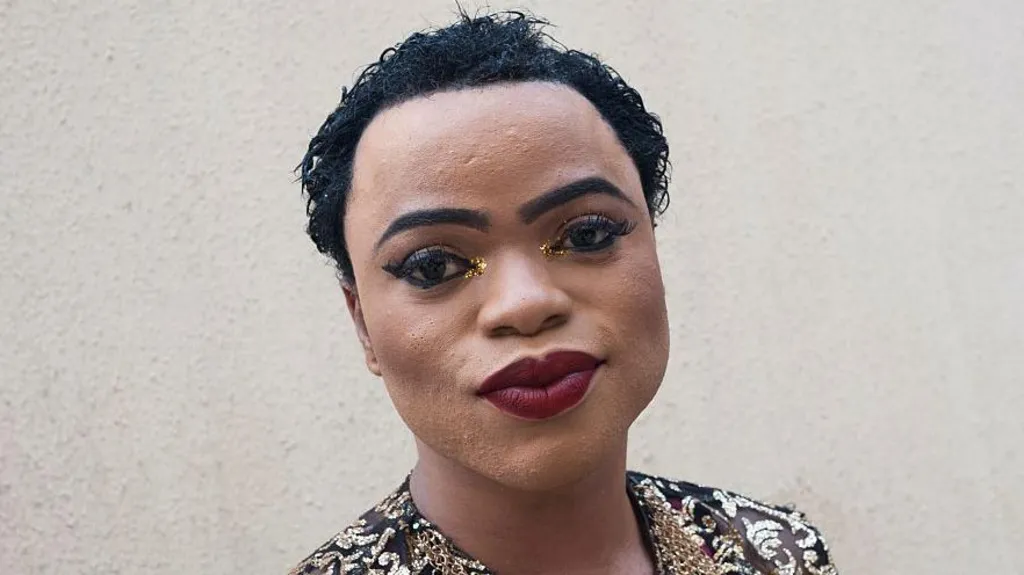Nigerian Panel Confirms Transgender Socialite Bobrisky Served Jail Term, But with Special Privileges
3 min read

A Nigerian investigative panel has cleared transgender socialite Bobrisky, also known as Idris Okuneye, of allegations that she evaded her jail sentence for abusing the national currency. The panel confirmed that she did indeed serve her six-month term but noted that she enjoyed special privileges during her incarceration.
Bobrisky was sentenced to a male prison after a high-profile incident in April where she was filmed throwing banknotes at a film premiere, an act referred to as “naira abuse.” The panel’s report highlighted that, while she did serve time, she benefited from several comforts not typically afforded to inmates. These included frequent visits from family and friends, a furnished single cell, access to a humidifier, a television, a fridge, and even a mobile phone.
The investigation was initiated by the Nigerian Ministry of Interior following bribery allegations made by social media influencer Martins Otse, known as VeryDarkMan. Otse claimed that prison officials were bribed to dismiss money laundering charges against Bobrisky, a charge that the court ultimately dismissed. In light of these claims, two senior prison officials were suspended last month.
While the panel confirmed that Bobrisky served her sentence, it also emphasized the need for further investigations to determine if the privileges she received were a result of corrupt practices among correctional officers. The report indicated that placing Bobrisky, a first-time offender, in a maximum-security facility was contrary to the Nigerian Correctional Service Act, raising questions about the appropriateness of her treatment.
In Nigeria, throwing money in the air, commonly known as “spraying,” is a popular practice at weddings and celebrations. However, this act can be deemed illegal since the banknotes may fall to the ground, where they risk being stepped on. The maximum penalty for this offense is six months in jail, but prosecutions for such acts have been relatively rare until this year.
After Bobrisky’s release in August, a viral video surfaced in which someone purported to be her alleged that she had paid $9,000 (£7,000) to officials of the Economic and Financial Crimes Commission (EFCC) to drop the money laundering charges. This allegation spurred further investigations into her case. Additionally, rumors circulated that she had paid large sums to secure a flat near the prison where she reportedly served her sentence.
Bobrisky, who boasts nearly five million followers on Instagram, has denied that it was her voice in the viral recording making these claims. The controversy surrounding her treatment and the privileges she received while incarcerated has sparked significant public interest, reflecting broader discussions on issues of privilege and justice within the Nigerian legal system.
The findings of the panel reveal not only the complexities surrounding Bobrisky’s case but also the systemic issues that can arise within correctional facilities, particularly regarding favoritism and corruption. The investigation highlights the need for transparency and accountability in the handling of high-profile inmates, especially in a country where such privileges can undermine public trust in the justice system.
As the panel continues its inquiries, the revelations about Bobrisky’s experience in prison have fueled conversations about the treatment of LGBTQ+ individuals in Nigeria, where societal stigma and legal challenges persist. The case also underscores the need for reform within the correctional system to ensure fair treatment for all inmates, regardless of their social status or public persona.
The outcome of this investigation could have lasting implications for both Bobrisky and the broader context of law enforcement and correctional practices in Nigeria. As the nation grapples with issues of corruption and inequality, the public’s response to this case may play a pivotal role in shaping future discussions around justice and privilege in the country.